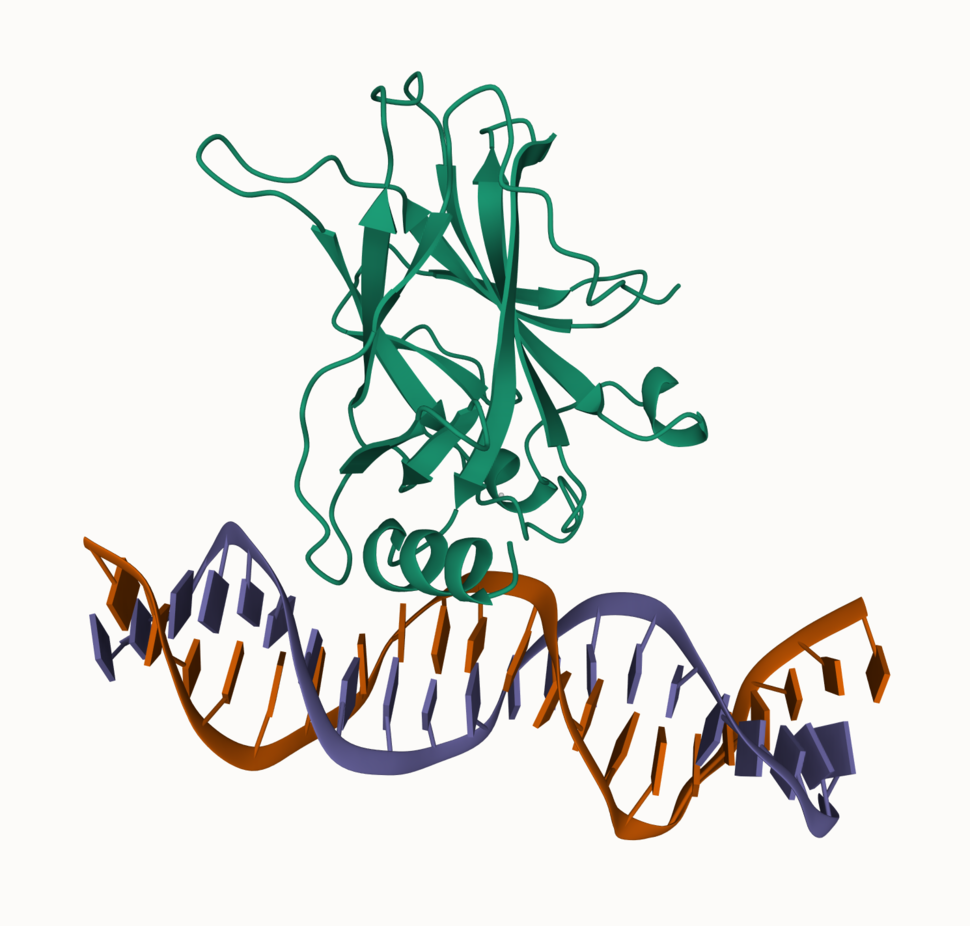The TP53 Database is meant to be a source of information on TP53 variants for a broad range of scientists and clinicians who work in different research areas:
- Basic research, to study the structural and functional aspects of the p53 protein and the TP53 gene
- Molecular pathology of cancer, to understand the clinical significance of TP53 variants identified in cancer patients
- Molecular epidemiology of cancer, to analyze the links between specific exposures and TP53 variant patterns in order to make inferences about possible causes of cancer
- Molecular genetics, to analyze genotype/phenotype relationships
The TP53 Database compiles TP53 variant data that have been reported in the published literature since 1989 or are available in other public databases.
The following data are available:
- TP53 functional and structural data including validated polymorphisms
- TP53 somatic variants in sporadic cancers
- TP53 germline variants in cancer patients, families with cancers and control populations
- TP53 gene status in human cell-lines
- Mouse models with engineered p53
- Experimentally-induced TP53 variants
The database includes various annotations on the predicted or experimentally assessed functional impact of TP53 variants, clinicopathologic characteristics of tumors and demographic and life-style information on patients. This information is useful to compile tumor-specific variant patterns and to draw hypotheses on the nature of the molecular events involved in TP53 mutagenesis and allows for the analysis of genotype/phenotype relationships.
The ongoing project involves:
- Performing regular review of the literature on TP53 variants
- Extracting TP53 data from genetic and genomic databases
- Developing standard annotations of TP53 variants
- Performing research on TP53 variants, their patterns, origins and clinical impacts.
Contact us for more information.
